Description
ABSTRACT
Africa and the Path of Renewable Energy
Brandon Carter*
The paper highlights Africa’s high potential for development through renewable energy such as solar, wind, hydro, geothermal and biomass energy. Due to the state of infrastructure in many countries in Africa, the continent is in an advantageous position to provide cleaner energy to its businesses and households. This advantage makes countries in Africa more conducive to renewable energy infrastructure than many high-income countries in Europe and the United States. Africa does not have to worry about transitioning; it can go straight to the development of its renewable industry. Because of poor infrastructure and a lack of electricity, there is a high demand for power. Demand is met with supply as investors flock to renewable energy technologies, thereby creating a new wave of discourse between governments, private investors and banks. While these investments can seem quite promising, African governments should be wary as well. Agreements between investors and corporations with African governments can make these countries susceptible to their demands under penalty of costly legal claims. This article illustrates these issues and sheds light on Africa’s progress.
INTRODUCTION
When nations develop, it is in their best interests to do so in a manner that utilizes new innovative thinking. Dwelling on older methodologies can lead to stagnancy that slows progress. For years, Africa has been a continent that faces a lack of electricity. The Pew Research Center Reported in April 2015 that landlines are an infrequent sight in Africa, and frequently many families in the big cities will go with no power at all.1 Despite what would seem to be an obvious hindrance to electronic communication, Africa has found success by skipping an entire step in the evolution of telecommunication. Rather than bother with landlines, many have gone straight into mobile technology, focusing their energy on smartphone technological development. This has enabled many young developers to make their respective countries more marketable.
This is important to keep in mind because the big picture in African development lies in finding shortcuts. It has been done through mobile technology and it is being done in energy production. Renewable energy is the future of Africa; it is arguably the future for all of the world’s economies. The developing world, in particular the countries in Africa, are in an advantageous position to develop this industry. Just as the industrial revolution had placed Western Europe and America in positions of economic dominance, so too can renewable energies spell the rise of the African economy. The countries that master this technology are likely to be among the hegemons of the next century. This new age is the jumping off point for Africa, and all that is required is a bold step forward.
* BA(International Political Economy), MBA (Finance), JD Scholar, Valparaiso University Law School, Indiana USA
- ‘Cell Phones in Africa: Communication Lifeline’ Pew Research Centers Global Attitudes Project RSS (The Pew Research Center, 15 April 2015). accessed 22 October 2016

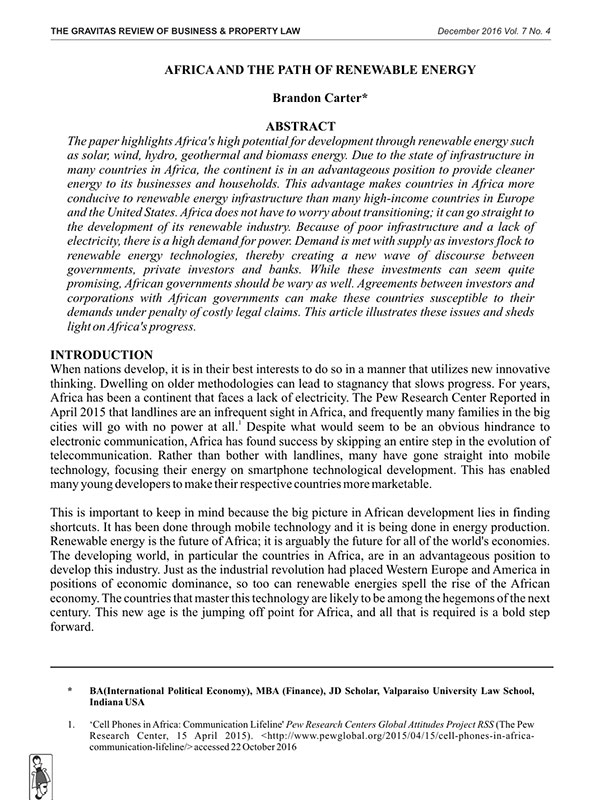
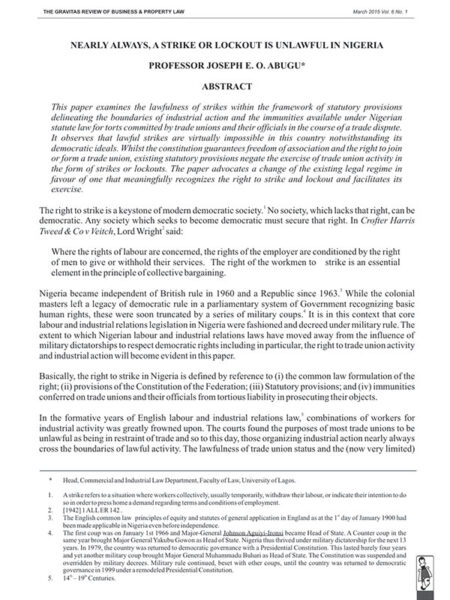
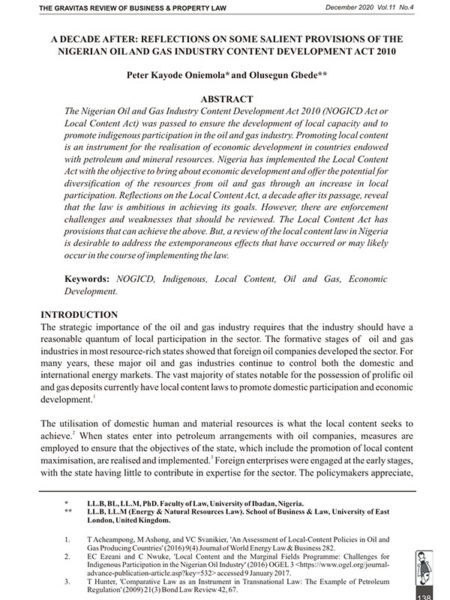
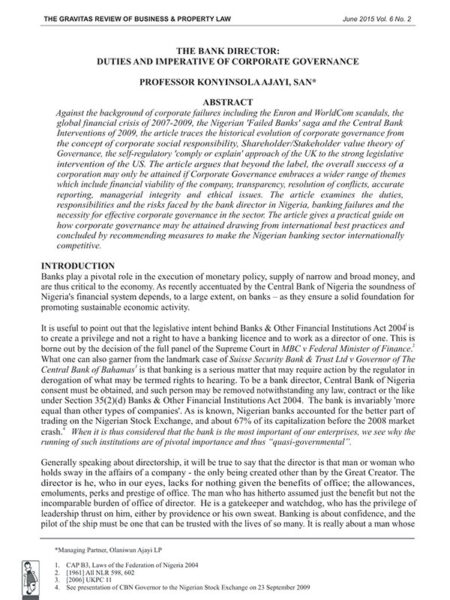
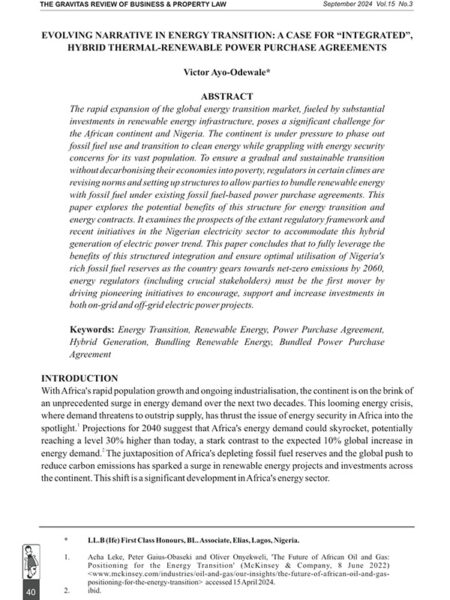


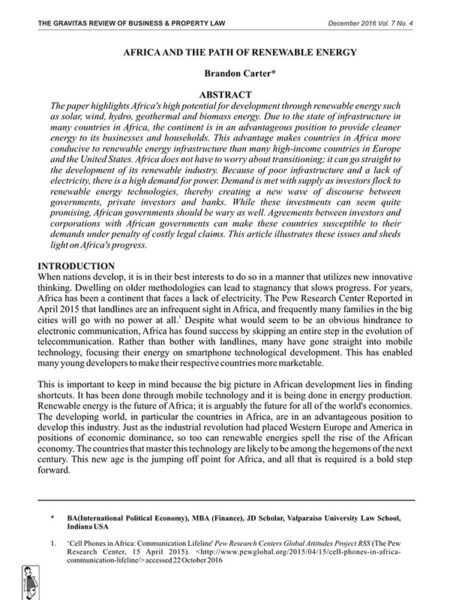
Reviews
There are no reviews yet.